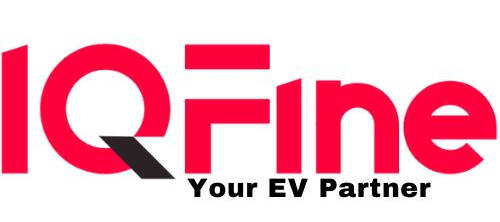The rising number of EV also raises the question on the charging infrastructure. Every automaker is in the race to bring solutions for the fast and on time charging infrastructure. This Mobile car care company Yoshi Mobility has launched it’s DC fast charging EV mobile unit that it linked to “a supercharger on wheels.”
We recognized a demand among our customers for convenient daily charging, reliable private charging networks, and proper charging infrastructure to support their fleet vehicles as they transition to electric.
Dan Hunter, Yoshi Mobility’s chief EV officer and cofounder
The company says its superchargers is a 240 kW mobile DC fast charger, which can turn “any EV” into a mobile charging unit. When it is commercially available it will be the first fully electric mobile charger available. However Yoshi doesn’t give detail how they charge the DC fast charger or who manufactures it but it can provide multiple chargers in a single trip.

Yoshi is launching its mobile charger on two GM BrightDrop Zevo 600s and will introduce additional vehicles throughout 2024. With this the company plans to begin with a “handful” of mobile superchargers in BrightDrop vans. But it aims to ramp up production and begin commercializing more widely during the first quarter of 2025.
Yoshi Mobility also says that they have already deployed its EV charging solutions to service “major OEMs” autonomous vehicle companies, and rideshare operators” across the U.S. Initially the company worked with large EV operations managing “hundreds” of light-duty vehicles requiring up to 1 megawatt of energy per day that don’t yet have grid-connected EV chargers.

Also the company doesn’t provide any further information currently. But It says pricing of it is based on location and enterprise charging needs. Once under contract for service, the service will be deployed to US-based customers within 10 days.
Expansion of services is a key to Yoshi Mobility’s growth, but with the introduction of its mobile EV superchargers, Frist says the company is embracing its role in accelerating the transition for fleets in going electric, declaring, “we think behind AI this is the biggest transition of our generation.”








